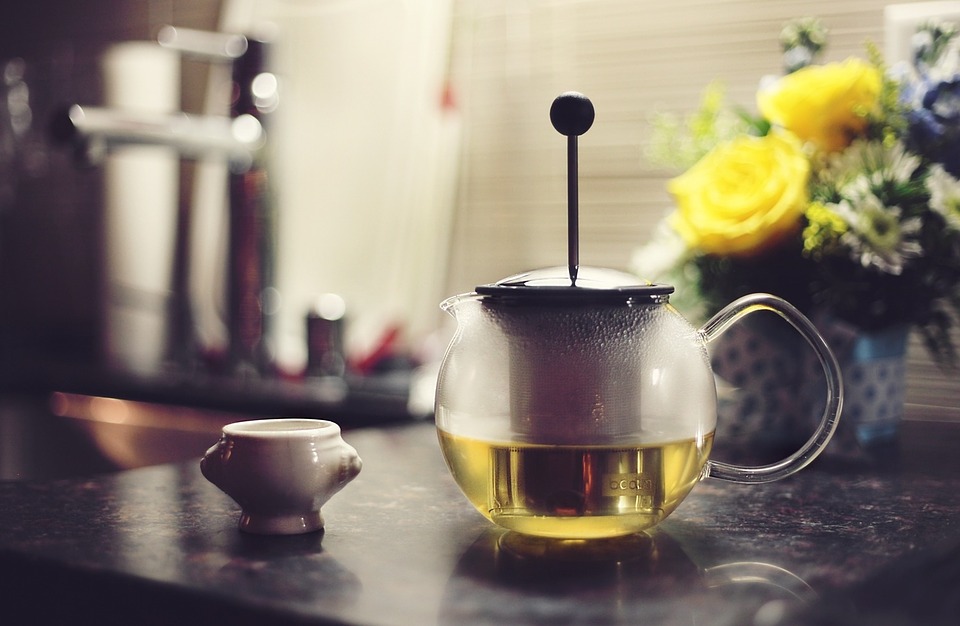Best Foods That Ease Postpartum Pain
Pregnancy is probably one of the most beautiful experiences of a woman’s life. While most women go through the childbirth process fairly easily, a large majority of women experience what is known as ‘postpartum pain’ generated from the process of ‘involution’ (contraction of the uterus back to its original size).
First-time mothers, women who undergo normal vaginal deliveries, experience cramps similar to menstwal cramps, whereas women who undergo C-section or episiotomy (surgically incising the vagina in the event, a complication with a vaginal birth), experience much stronger pains.
Postpartum pains can generally last from a few days to a week. In a study conducted by Harris Interactive, a survey research firm in the US, they found women who underwent C-Section experienced stronger pains at the site of incision for longer periods, as compared to women who underwent vaginal deliveries.
The Role Of Nutrition
Nutrition plays a pivotal role not only in postpartum healing, but also in postpartum pain management. Since ancient times, both in Indian and other cultures, women have been making use of naturally available herbs, foods, and plants to relieve themselves of the cramps experienced after childbirth.
Even today, many women choose to seek their treatment through these same herbs as compared to western medicine. Among the many foods, the following are widely studied and commonly used to ease postpartum pain.
Foods That Relieve Postpartum Pain
Ginger
Not only Is ginger useful to ease pregnancy related nausea and sickness, it also contains compounds that eases postpartum pain. Also known as aspirin impersonator, the warming properties of ginger are particularly beneficial for women who suffer with postpartum pain, due to natural as well as C-section delivery. To be effective, ginger can be consumed raw, as a half-inch piece grated over food, or one teaspoon of it, steeped in hot water and had as tea.
Turmeric
Yet another Indian spice known for its antiseptic and anti-inflammatory properties, turmeric is beneficial ¡n reducing mild pains at the site of a C-section. Also, a teaspoon of turmeric in gravies is usually a potent natural dose. A cup of milk with half a teaspoon of turmeric, is a great way to incorporate the spice in the diet as
Green Tea
Popularly known and used for weight loss, green tea also has a potent effect in managing mild cramps associated with postpartum pain. It has anti-inflammatory properties that are particularly beneficial for postpartum pain associated with C section deliveries or ¡n the case of episiotomies.
Chamomile Tea
Popularized for its stress relieving properties, chamomile is also used to reduce inflammation by working at its site and thereby reducing pain. It also reduces muscle tiredness and relieves mild cramps.
Coffee
Though it isn’t advisable for lactating women to turn to coffee for pain relief, coffee for its caffeine content acts as a potent natural painkiller. It otters relief for mild cramps in both natural and C-section deliveries.
Dark chocolate
This food is excellent for those late-night sweet cravings. Dark chocolate is not only a potent antioxidant (thereby useful for postpartum healing) caffeine content (less than coffee) and is, therefore, a better pick for lactating mothers. Two, one-inch pieces of dark chocolate in a day are an ideal portion
Fruits And Vegetables
Cherries, oranges, sweet limes, grapes, and green leafy vegetables are particularly beneficial as they provide the necessary fibre that is needed for healthy and easy bowel movement.
Most often, women who undergo C-section deliveries or an epiostomy experience cramping and pain at the site of the stitches, due to restricted bowel movement. So having three-four servings of fruits and vegetables will not only help in providing the vitamins and nutrients essential to postpartum healing, but will also render relief from mild cramps associated with it.
Bananas
Amongst all the fruits, banana is perhaps the most potent due to its potassium content and thereby, Its ability to alleviate muscle cramps due to the lack of the same in the muscles. One or two bananas in a day should be included for postpartum pain relief, specifically in the case of natural deliveries.
Nutrition plays a pivotal role not only in postpartum healing but also in postpartum pain management
Spices
Traditional Indian spices like carom seeds (ajwain), fennel (sauf) and fenugreek (methi) have been used in traditional Ayurvedic medicine since a long time to render relief to women after childbirth. The concoction of these spices, which in their nature is to give warmth, not only help in postpartum recovery and care, but also greatly help alleviate back pain and uterine pains post-delivery.
